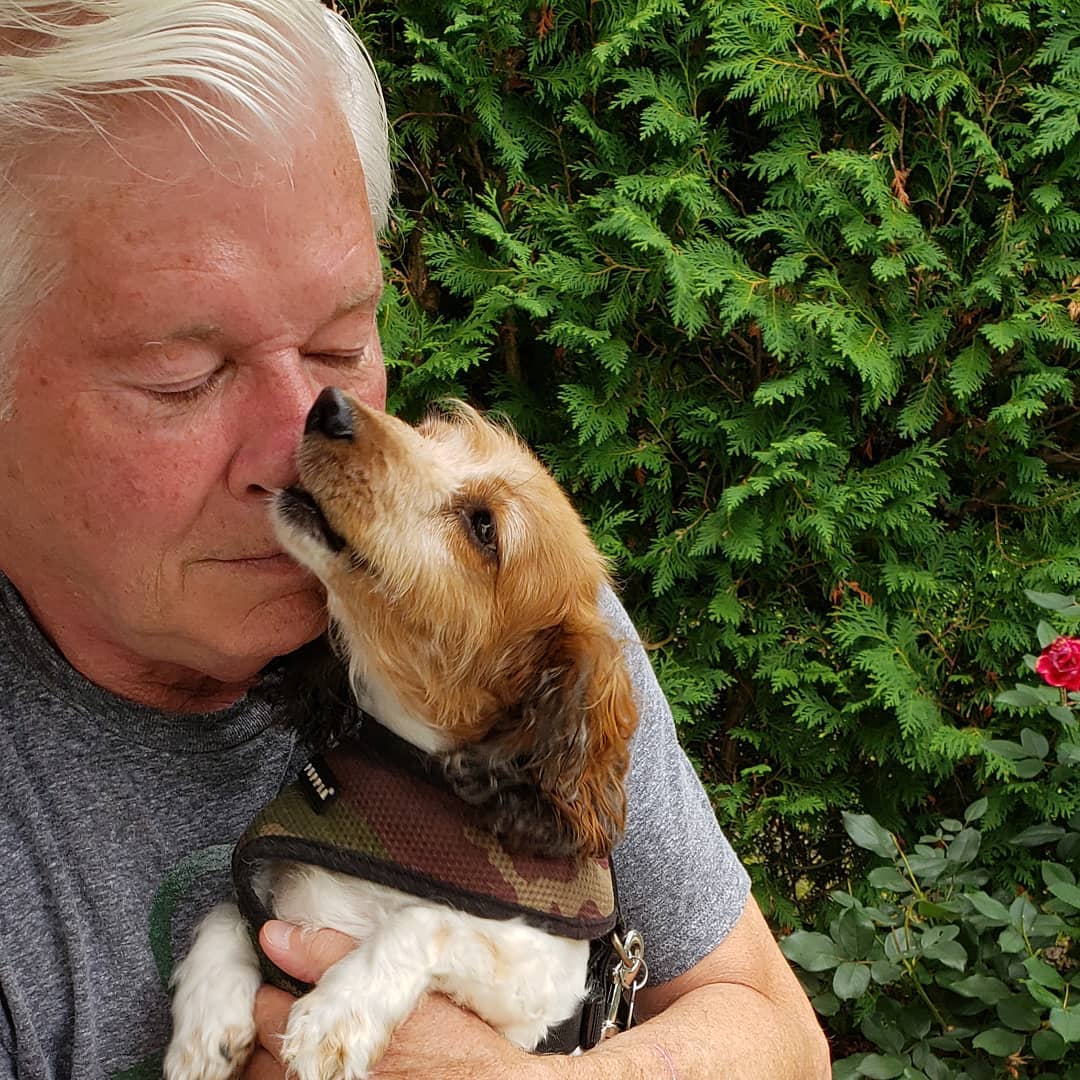Services
What We Do
Obedience Training
Obedience training reinforces the pecking order. We use the CRC (Command, Reprimand, Command) procedure of training along with praise and positive motivation.
Dogs have different types of temperaments (Dominant, Fearful, Hyperactive, or Lethargic).
An educated and experienced trainer can diagnose the dog’s temperament and apply the proper training techniques during obedience training.
We want the dominant dog to know that the owner is the boss and this is reinforced. We want the fearful and submissive dogs to develop courage and confidence. All of this and more is accomplished through proper obedience training.
Obedience training involves my visiting your home once a week for 5 weekly sessions. Each session will last an hour or so. Most of the training will take place outside and on leash. Everything that your dog learns they will do inside and off leash.
They will learn to heel (walk on your side without pulling), sit when you stop (automatic sit), stay, lie down and come (all with distance and distractions). In the process, your dog will learn what “no” means and what the “rules” are. This will build their confidence and calm them down. I’ll also focus on any behavioral issues.
I’ll ask that you work with your dog for a half hour a day to reinforce what they learn each week. Other services will require varying numbers of sessions. We can discuss that during the initial consultation.

Services
Individually Crafted Solutions
Housebreaking
This is not just a puppy problem. Older dogs often take additional time to learn the ropes. Changing environments and incomplete past housebreaking are some causes.
Behavior Modification
The goal is simply to increase wanted and decrease unwanted behaviors. I can work on re-establishing clear structure and communication.
Jumping on People
Your buddy might have the best intentions at heart, but this sort of behavior can annoy your guests or more concerning can cause injuries.
Biting
There are MILLIONS of dog bites each year. We can determine the root causes, including but not limited to: poor socialization, fears, triggers, anxiety, and/or past abuse. This is a serious issue that must be corrected.
Separation Anxiety
This could come from bad past experiences. If the dog has become accustomed to somebody always being home then a change can be troubling. Even illnesses and aging can cause a dog to become more anxious.
Barking
You need to sleep. So do your neighbors. Does your dog bark when excited, seeking attention, bored, fearful, or territorial?
Chewing
Dogs engage in destructive chewing for many reasons. Maybe it is teething, or possibly due to anxiety or to escape confinement. It could also be due to a lack of attention or exercise. Proper chewing is the end goal.
New Baby Adjustments
The addition of a baby is a lot to handle, not only for you but for your dog. There are new sounds and scents in the house, schedules change, and so does the amount of attention that your dog will receive.

Emotional Support Dogs
Often, a therapist will prescribe an emotional support animal to a person with a disabling mental illness. They can help with phobias, anxiety, PTSD and panic attacks.
Emotional support dogs can be trained to perform the therapeutic tasks the prescribing therapist has recommended.

AKC Canine Good Citizen™
Are you interested in this wonderful program which promotes responsible dog ownership? I've been an approved evaluator for years. Your dog can join over 1 million that have masted the ten skills and passed the test.
I will go you you. I travel to the Hamptons, to the entire North Fork, Western Nassau and everywhere in-between.
Training may take place in the home, or if the dog’s issues are in certain settings or environments then we can take it to those places.
The whole family can be involved in any services provided.
CLICK HERE FOR HOURS (I am flexible).

It's Never Too Late to Teach a Dog

Rates
Training
$150/ Session
- Includes Heel, Sit, No, OK, Automatic Sit, Stay, Down, Come, and anything else you need
- Obedience training normally takes 4-5 weeks, but lessons are pay-as you-go
- Continue with lessons as long as you wish
- Each session is approximately 1 hour long
- There may be additional charges for long travel

